Plaster Flaking Or Cracked On Swimming Pools and Spas
Home » Pools and Spas »
The plaster coat on a pool or spa is approximately 3/8 to 5/8 of an inch thick and is troweled over a 6 inch+/- thick concrete shell of the pool when first built. Over time it may fade, develop cracks, flake or have other issues. Generally, most plaster problems are considered to be a pool or spa maintenance issue; some would say they’re just part of owning a pool.
Structural considerations
Plaster is not a structural component of a pool or spa, it doesn’t make them stronger. What is does do is help protect or preserve the structural part of the pool. Many in-ground pool and spa shells are constructed out of concrete gunite or shotcrete, and a few out of masonry block or poured in-place concrete.
These shells are not water proof and water will slowly migrate through these shells; therefore, a plaster coating is troweled over the shell to protect it from moisture seeping through.
If the concrete shell is not protected by plaster, the water migrating through the shell will cause deterioration of the concrete shell and possibly the steel rebar to rust; this weakens the structural strength of the pool. You might say that the plaster protecting the concrete shell is a little like paint protecting wood from deterioration. (Learn about structural cracks in a pool)
Common plaster issues
Stains and chemical type issues
Staining may be a result of the water chemistry and chemical imbalances. At times stains may be tied to pool filter issues or even something like the metal components of the pool lights rusting.
If there is cracking of the pool shell itself and moisture gets to the rebar, then the rebar may rust, creating rust stains on the plaster.
Delamination and spalling issues
If part or all of the top portion of the plaster loses its bond to another layer or portion of a layer, then it may flake off.
Cracking
A pools plaster may crack for a number of reasons. The cracking may be due to the troweling procedure used to apply the plaster, temperature issues, Alkali-Silica Reaction (ASR) within the plaster mix or a crack in the plaster may be mirroring a crack in the pool shell. Cracks in the shell itself are more serious in nature, than merely a crack in the plaster.
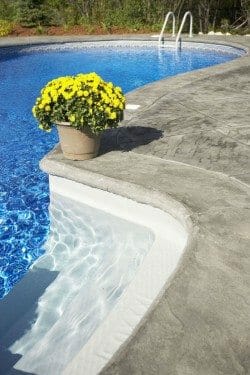
Maintenance, acid washing and re-plastering
If there are only a few areas that have flaking (scaling, blisters or buckles) then limited maintenance can usually be done. Should there be a significant amount of flaking and the pool has not been re-plastered for many years (i.e. 10 to 15 years), then re-plastering may be wise.
Acid washing
Stains in a pool can often be removed by acid washing. To acid wash a pool, it will need to be drained and an acid wash mix, usually with muriatic acid in it. applied to the pools plaster coat. Many pool professionals recommend that you do not acid wash a pool very often; they may suggest about every 5 years if needed.
CAUTION. When acid washing a pool, be aware of pool pop ups. (Read about pop ups)
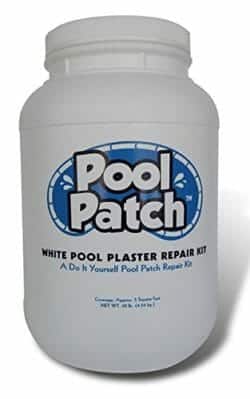
Patching and re-plastering
Homeowners often choose to do small plaster repairs themselves and can do so without having to drain the pool.
Fortunately, for the DIY homeowners, there a number of products that work well for these types of small jobs. Remember, it is important to follow the manufactures recommendations when doing any repairs.
Bottom Line
The majority of pool plaster problems are not a major issue in the big picture but are more of a maintenance issue. One of the bigger mistakes that pool owners make is to put-off maintenance and repairs for long periods of time.
Occasionally, plaster issues can be costly to repair or a warning sign that there is another issue, other than just the plaster itself.
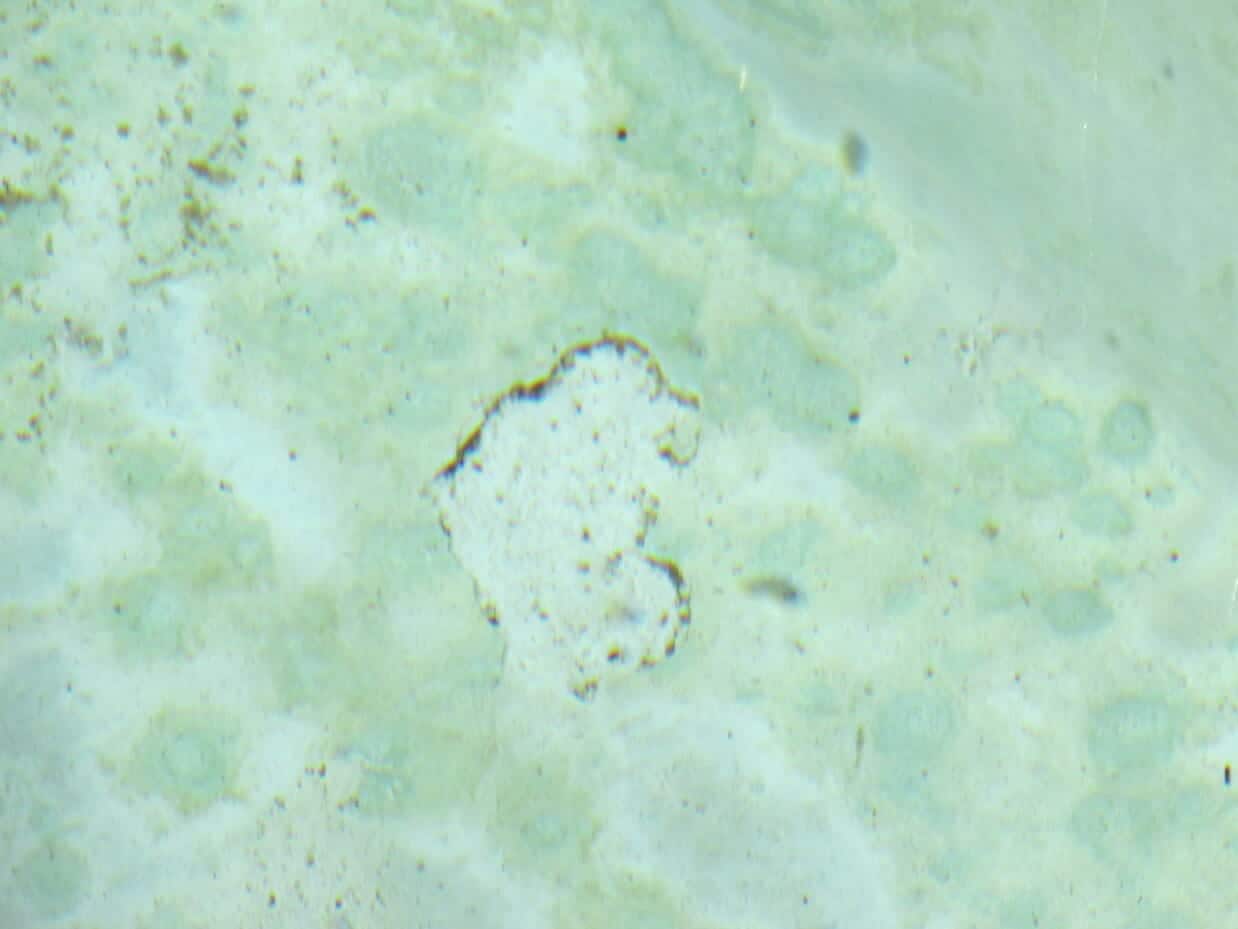
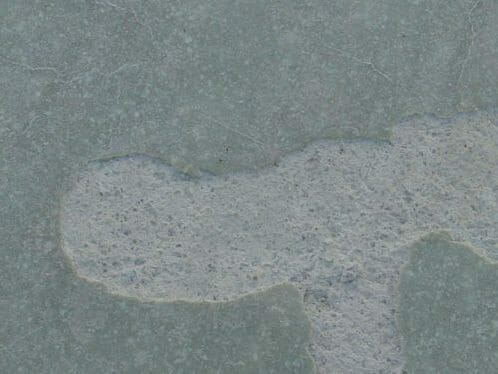
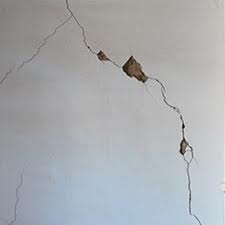
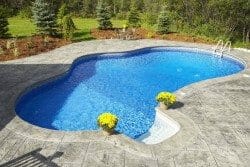
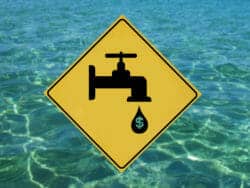


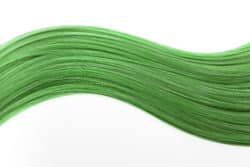
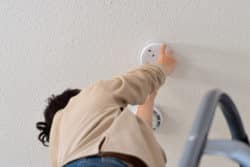
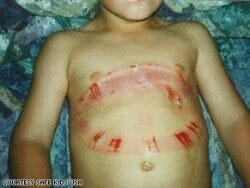

what are the causes of flake plastering on walls of house;
1. Not in water log area?
2. walls /houes on dry land?
what are the remedy to answers above